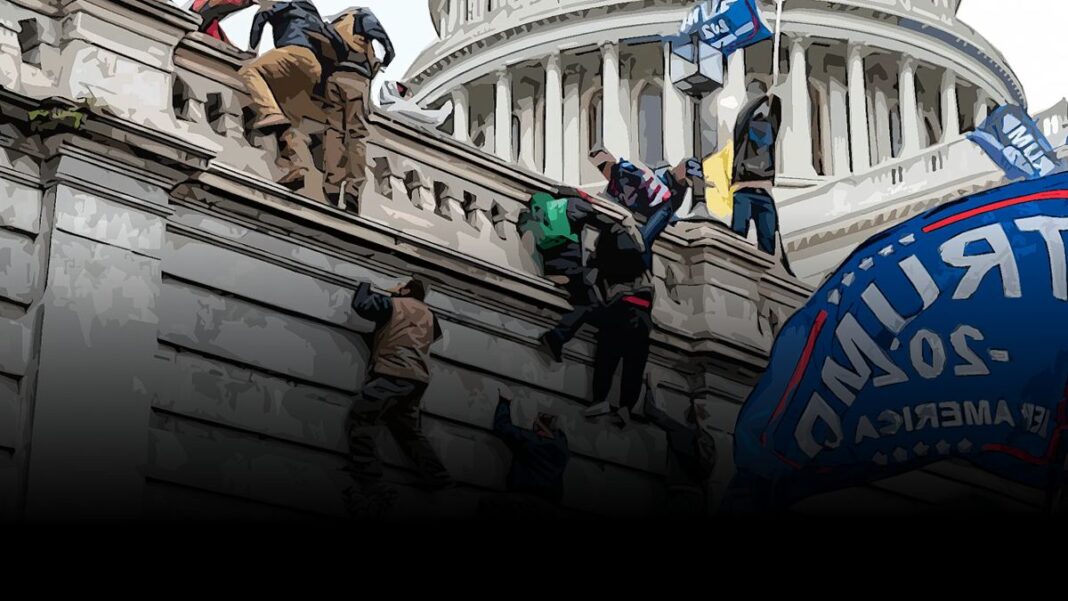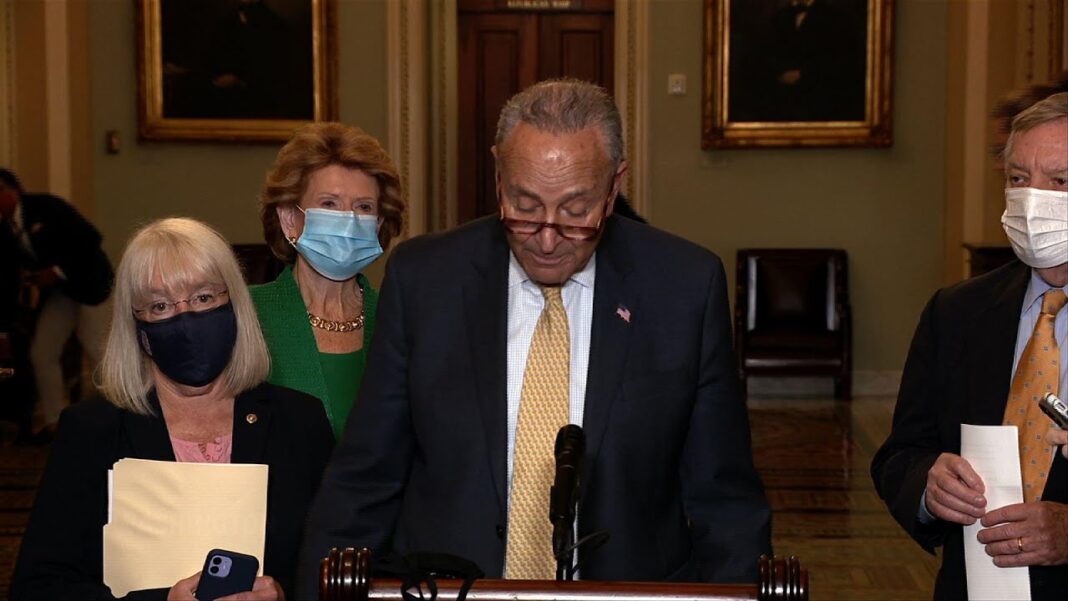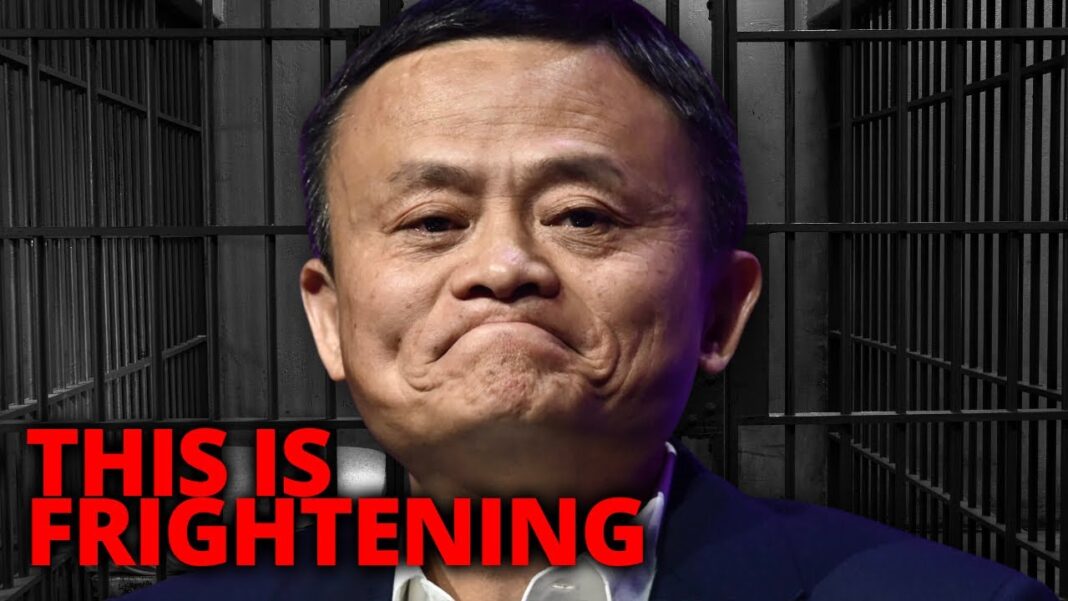Offering pleas to misdemeanors and dismissing felonies violates written DOJ policies.
There has been a severe lack of urgency in how the Biden Justice Department (DOJ) has gone about complying with its post-indictment due process obligations owed to defendants charged in connection with the January 6th protests. Under federal law, the prosecution has no “rights” when it comes to criminal cases—all “rights” belong to and are owed to defendants, by both the Executive and Judicial Branches. It is the obligation of the Executive to afford defendants their rights in the manner in which investigations and prosecutions are conducted; it is the duty of the Judiciary to ensure that the defendant’s rights are protected from deprivation by the misconduct of the Executive until such time as a jury determines the defendant’s guilt.
The position adopted by the DOJ in its memorandum seeks to make the DOJ’s problems the problems of the defendants and the court.
A few weeks back, DOJ prosecutors handling January 6th cases began to file legal memoranda offering weak excuses for why they are unable to comply with their obligation to provide discovery consistent with the federal rules and the defendants’ right to a “fair and speedy trial.” These memoranda describe the undertaking that the DOJ now refers to as the “The Capitol Breach” investigation.
The documents tell a sad tale in which a poor, beset-upon DOJ is saddled with an overwhelming undertaking connected to the events of January 6th, made all the more impossible by the obligation to comply with the Constitution and court rules established to protect the rights of criminal defendants. Here is a passage from one such memorandum that was filed by the Biden Justice Department in the matter of United States v. Timothy Hale-Cusanelli.
[T]he government’s investigation into the breach of the United States Capitol on January 6th, 2021 (the ‘Capitol Breach’) has resulted in the accumulation and creation of a massive volume of data that may be relevant to many defendants. The government is diligently working to meet its unprecedented overlapping and interlocking discovery obligations by providing voluminous electronic information in the most comprehensive and usable format.
Identical memoranda have been filed by the government in multiple other cases as well, including in the matter of United States v. Nathaniel DeGrave, United States v. Justin McAuliffe, and United States v. Aaron Mostofsky.
Nothing in the passage above addresses the failure by prosecutors in innumerable cases to comply with “Rule 16 of the Federal Rules of Criminal Procedure.” Under the Rule, a defendant is entitled, upon request, to production of certain evidence and information in the possession of the government. Two broad categories of material that fall within Rule 16 include any evidence the government intends to offer during trial to prove the defendant’s guilt; and any records, documents, items, etc., in the possession of the government that are “material to preparing the defense.”
The DOJ’s “Memo of Woe” continues:
The investigation and prosecution of the Capitol Breach will be the largest in American history, both in terms of the number of defendants prosecuted and the nature and volume of the evidence. In the six months since the Capitol was breached, over 500 individuals located throughout the nation have been charged with a multitude of criminal offenses. … There are investigations open in 55 of the Federal Bureau of Investigation’s 56 field offices.
The circumstances confronting Justice Department prosecutors here are entirely of their own making. No law or rule compelled the DOJ to file all the cases at the earliest possible moment it could. Nothing prevented DOJ management from, you know, “managing” the caseload by filing cases in smaller numbers at the outset, starting with most serious alleged offenders. This would have allowed prosecutors to work through the discovery problems in order to meet their obligations under the Constitution and procedural rules, rather than bringing the entire system to a grinding halt by needlessly dragging hundreds of people into court all at one time.
The position adopted by the DOJ in its memorandum seeks to make the DOJ’s problems the problems of the defendants and the court. The DOJ has an obligation to produce discovery that it cannot meet, and it seems to expect that the defendants and court are required to sit and wait while it solves its problems. But DOJ’s hopes in that regard are likely misplaced.









